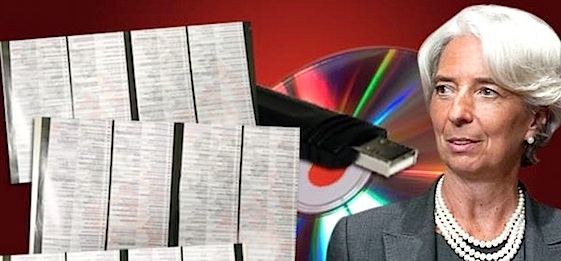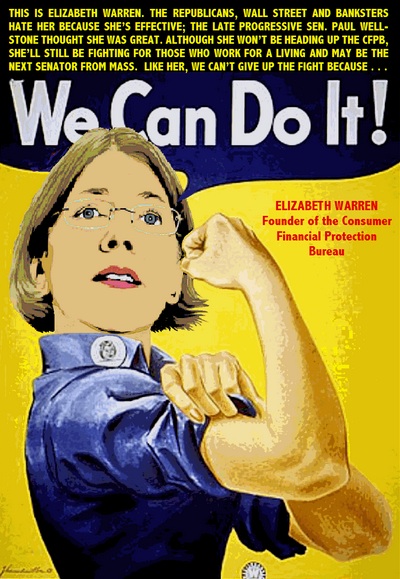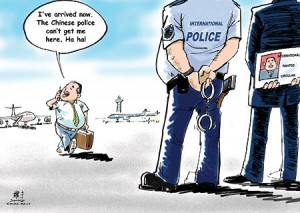The Securities and Exchange Commission announced that Ukrainian-based Jaspen Capital Partners Limited and CEO Andriy Supranonok have agreed to pay $30 million to settle allegations they profited from trading on non-public corporate information hacked from newswire services.
The SEC announced charges in August against 34 defendants who allegedly took part in a scheme in which two of the defendants surreptitiously hacked into newswire services and transmitted the stolen data to a web of international traders, including Jaspen and Supranonok. By getting an early look at the information before its public release, the traders allegedly generated more than $100 million of illegal profits over a five-year period. The case was filed in U.S. District Court for the District of New Jersey, which entered an asset freeze and other emergency relief against Jaspen and Supranonok, among others. Said Andrew J. Ceresney, Director of the SEC’s Enforcement Division.
Barely a month after we froze tens of millions of dollars in illegal profits from the defendants’ trading on illegal inside information obtained from hacked news releases, we obtained a settlement with foreign traders that deprives them of their wrongful gains. Today’s settlement demonstrates that even those beyond our borders who trade on stolen nonpublic information and use complex instruments in an attempt to avoid detection will ultimately be caught.
According to the SEC’s complaint, Jaspen and Supranonok made approximately $25 million buying and selling contracts-for-differences on the basis of hacked press releases stolen from two newswire services between 2010 and 2014 and made additional profits trading on press releases stolen from a third newswire service in 2015. CFDs are derivatives that allow traders to place highly leveraged bets on the direction of a stock’s price movement. Without admitting or denying the SEC’s allegations, Jaspen and Supranonok agreed to be enjoined from violating the antifraud provisions of U.S. securities laws and related SEC antifraud rules and to return $30 million of allegedly ill-gotten gains. The settlement offers are subject to approval by the court. Said Michael J. Osnato, Chief of the SEC Enforcement Division’s Complex Financial Instruments Unit:
This case should serve as a shot across the bow of any trader who thinks that CFDs traded outside the United States can be used to mask their unlawful conduct. The SEC’s use of sophisticated analytical tools to identify abusive CFD trading like this demonstrates our ability to police this opaque market.”
The SEC’s litigation continues against the remaining 32 defendants charged in the case.










